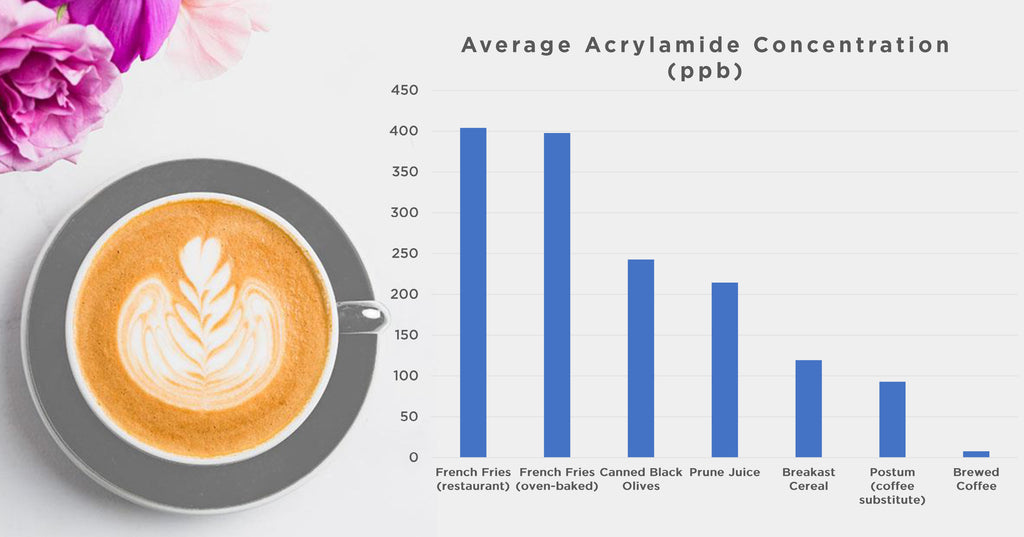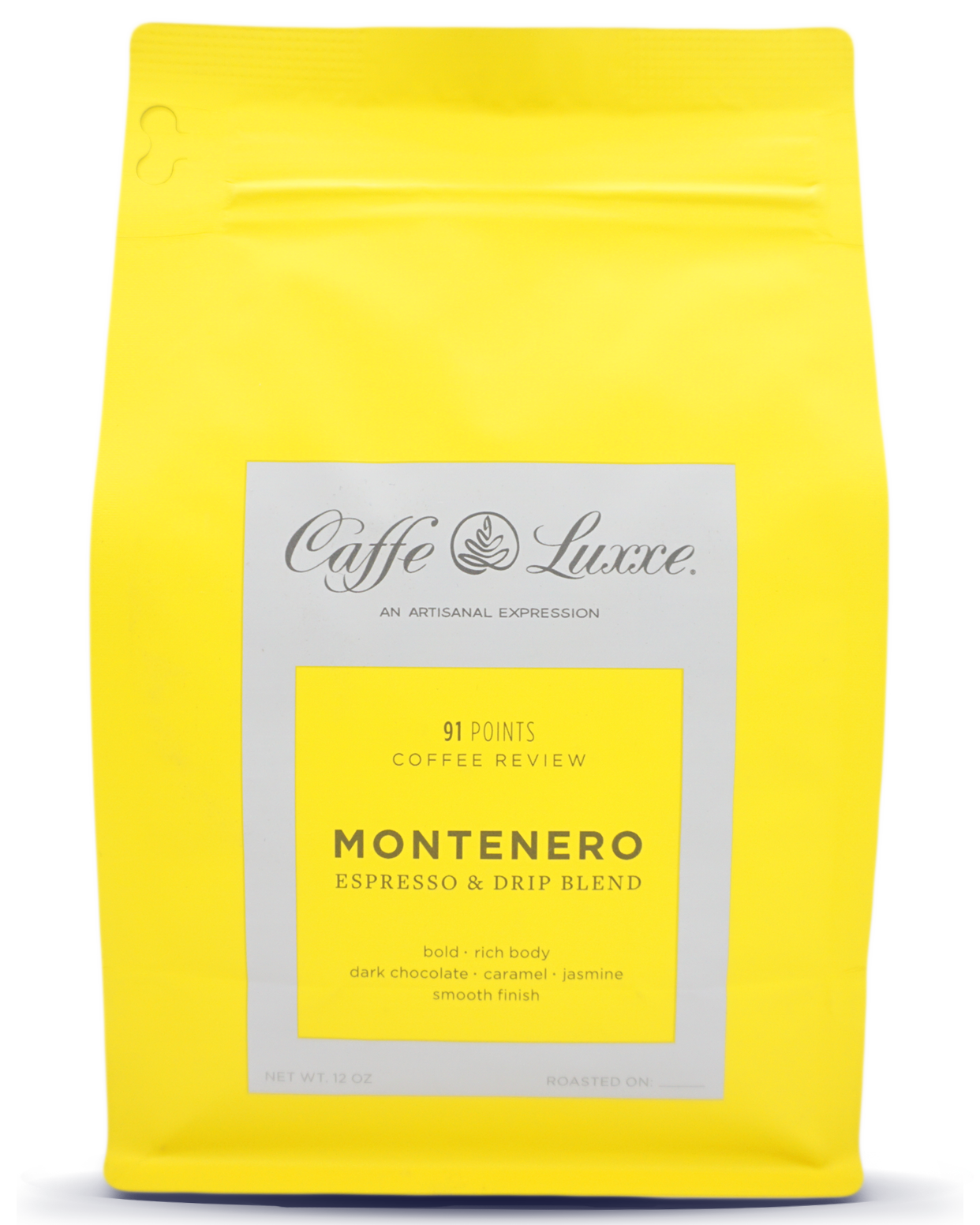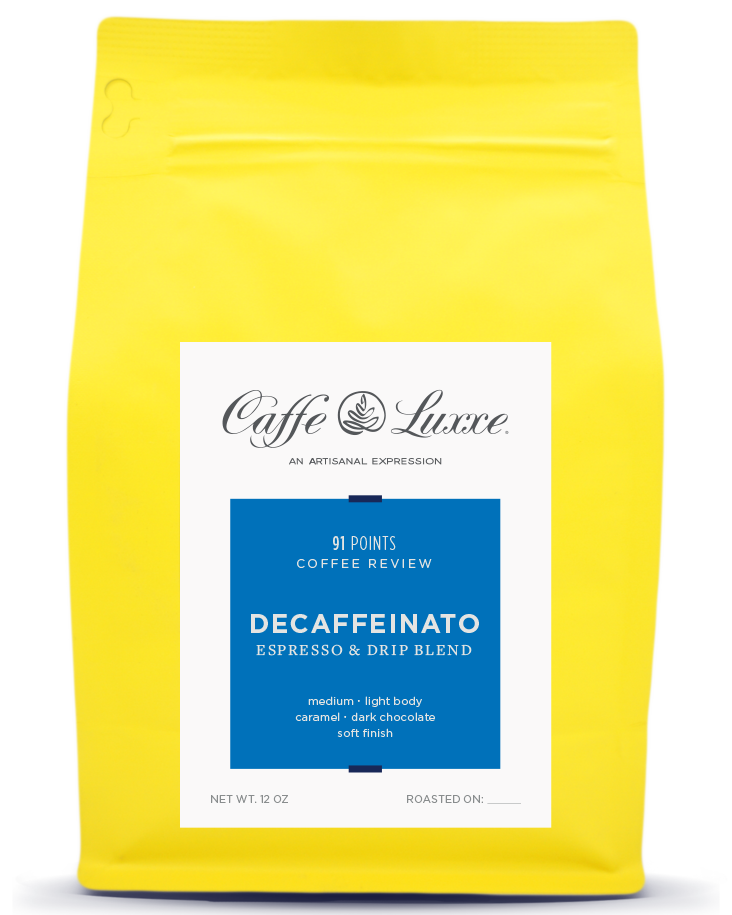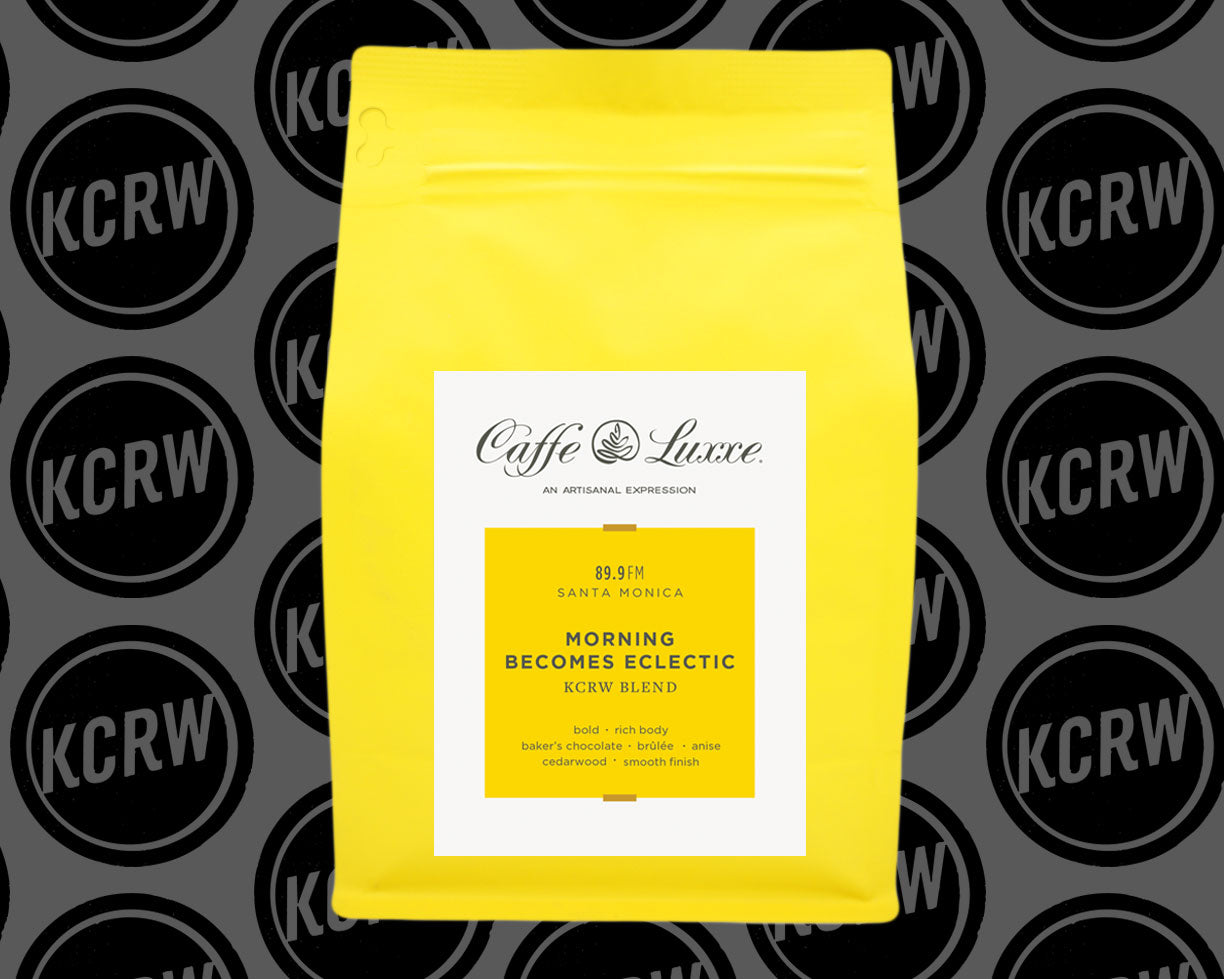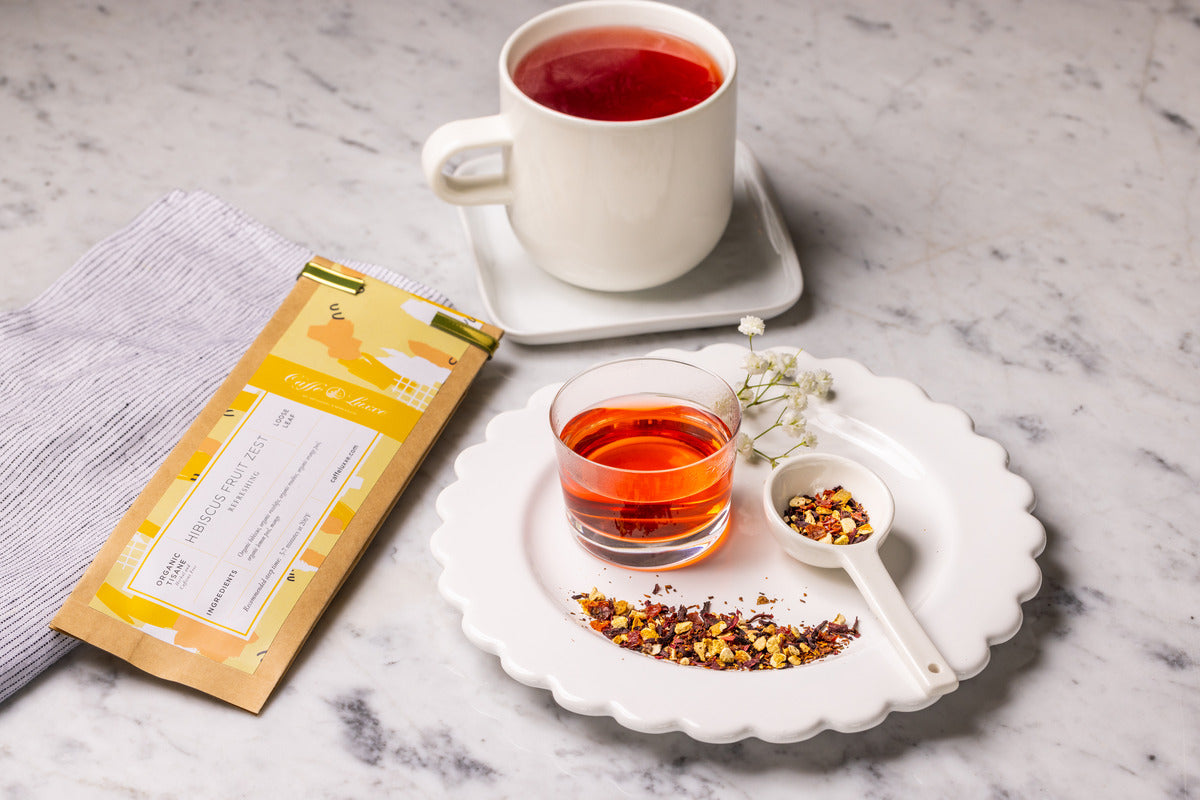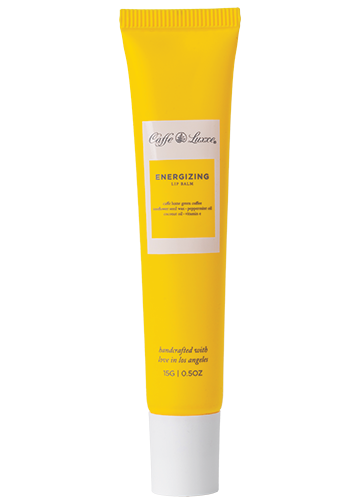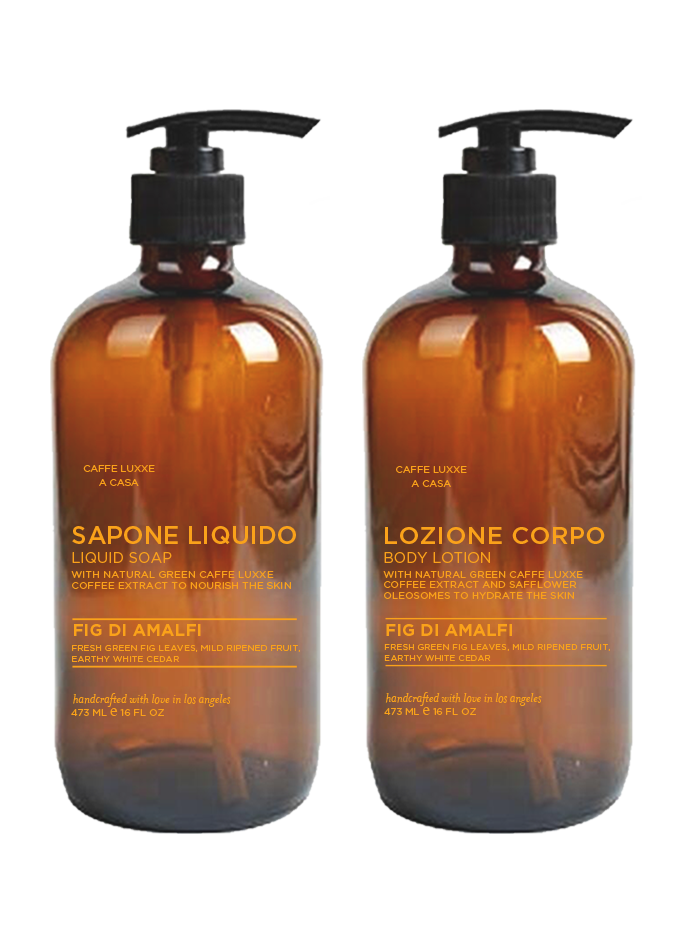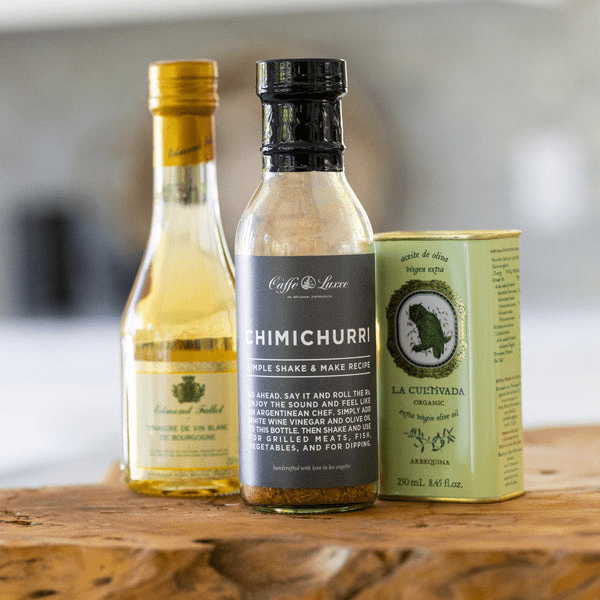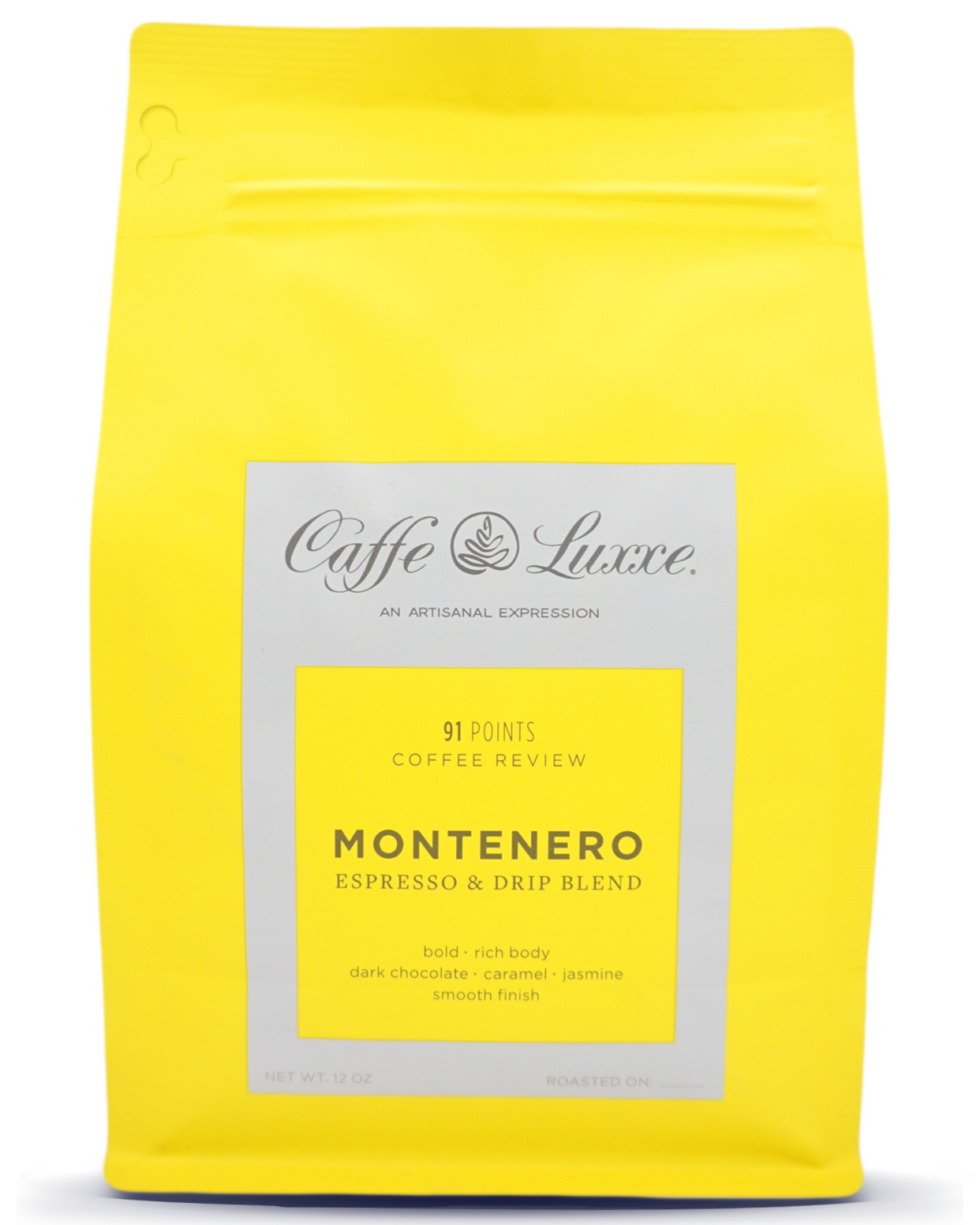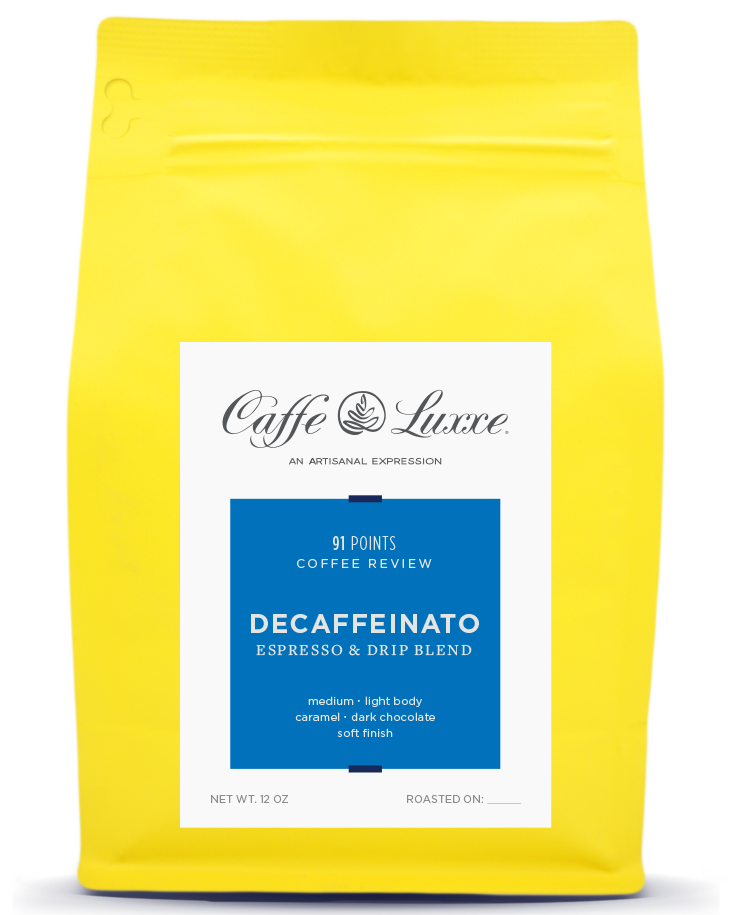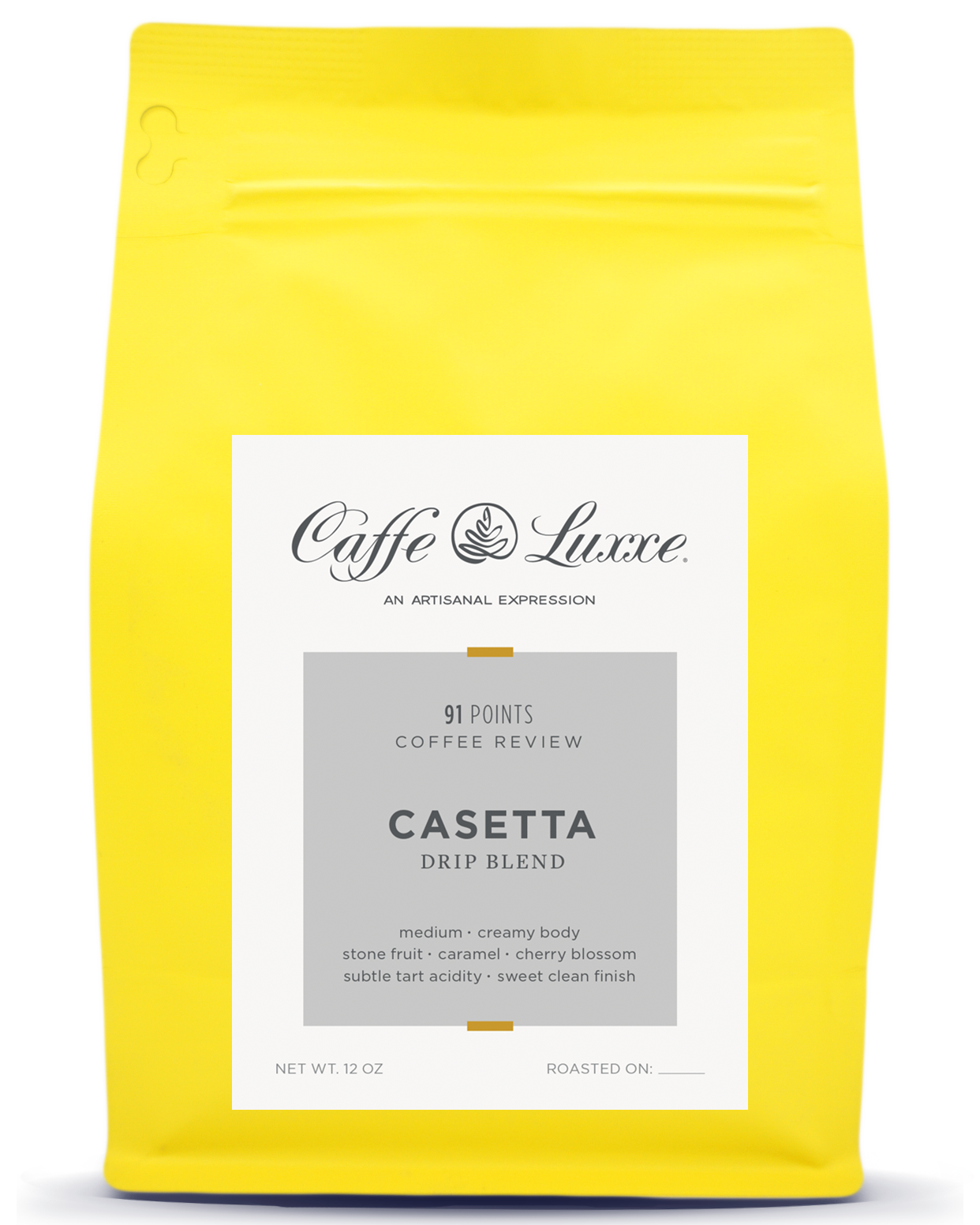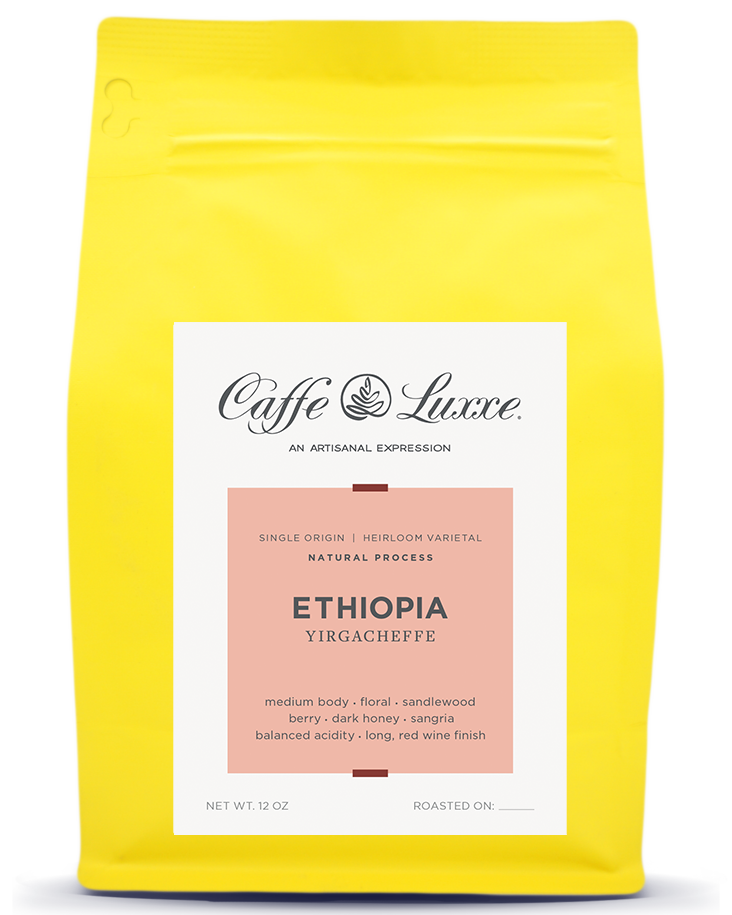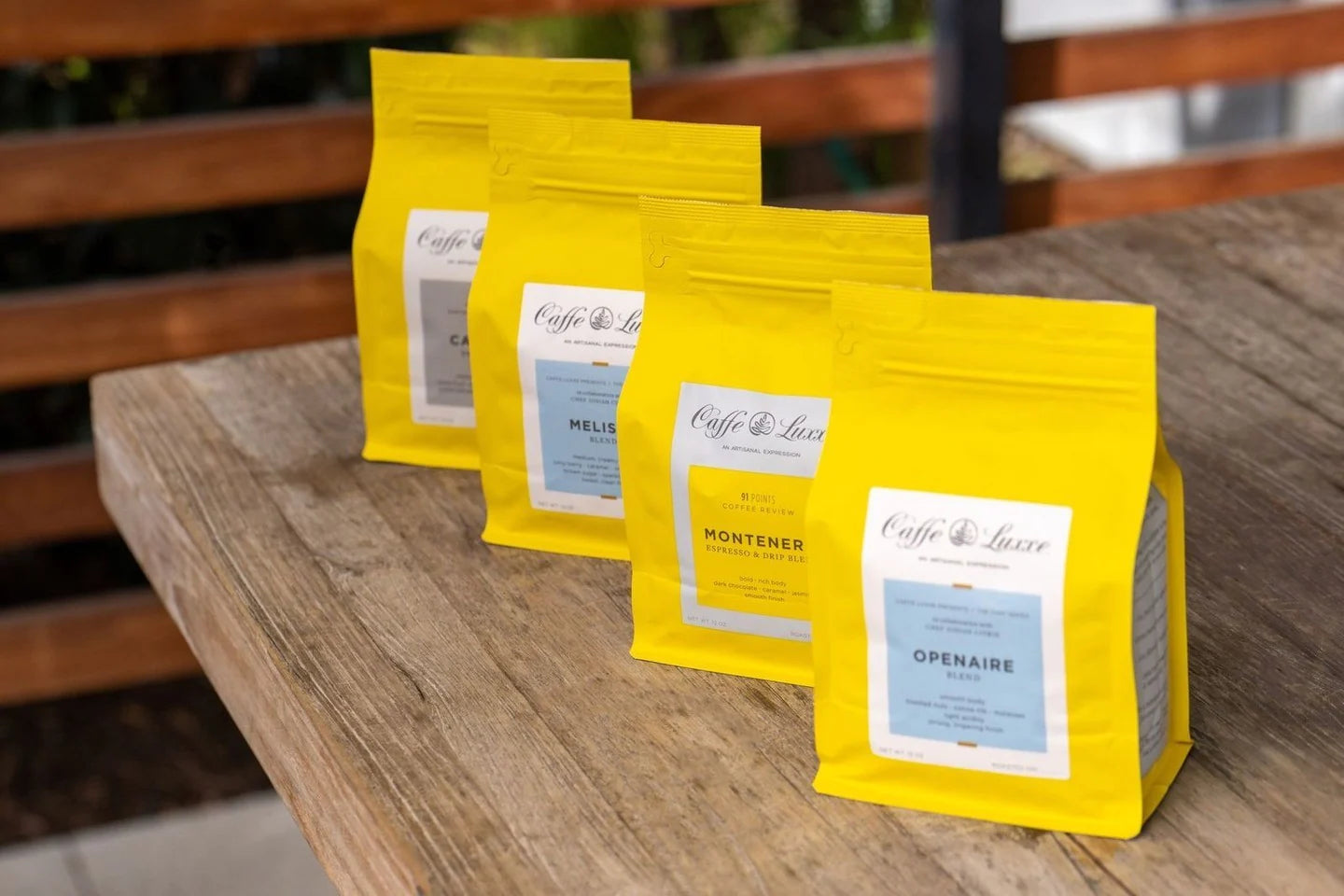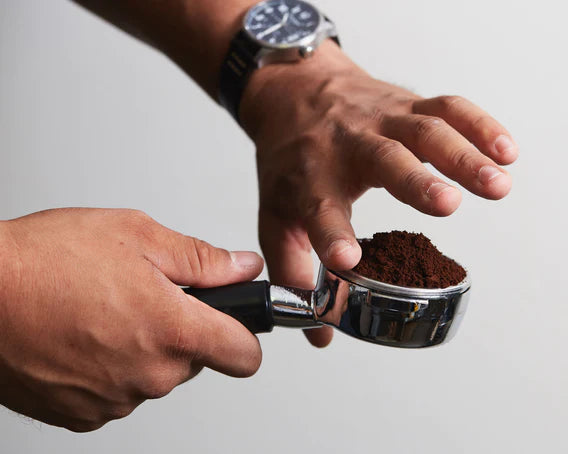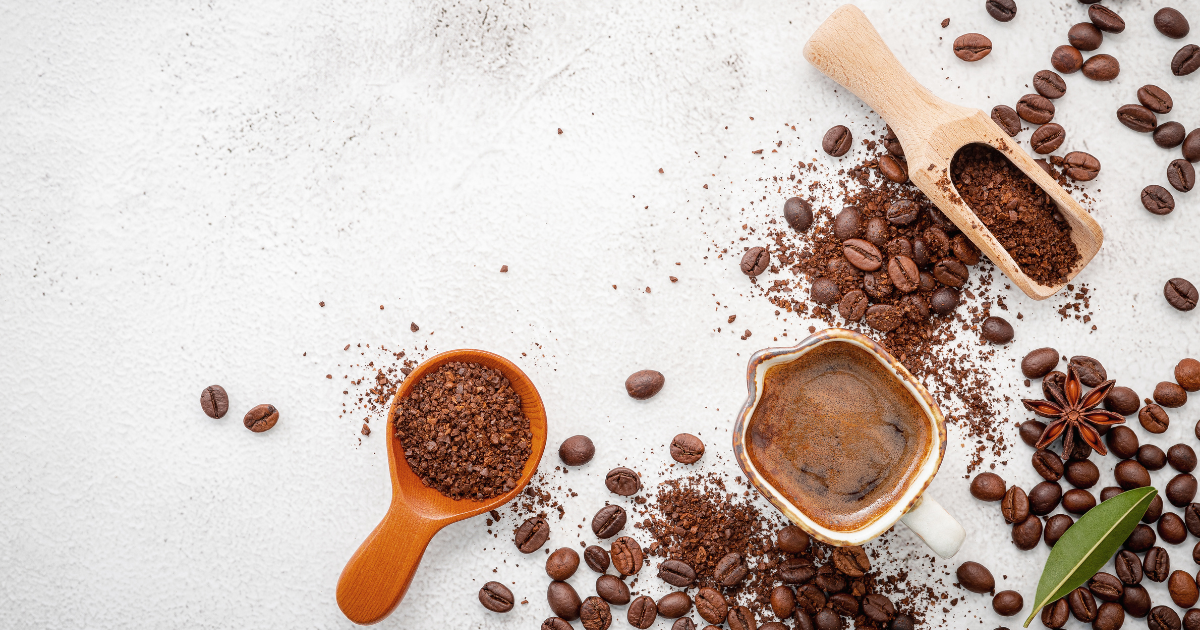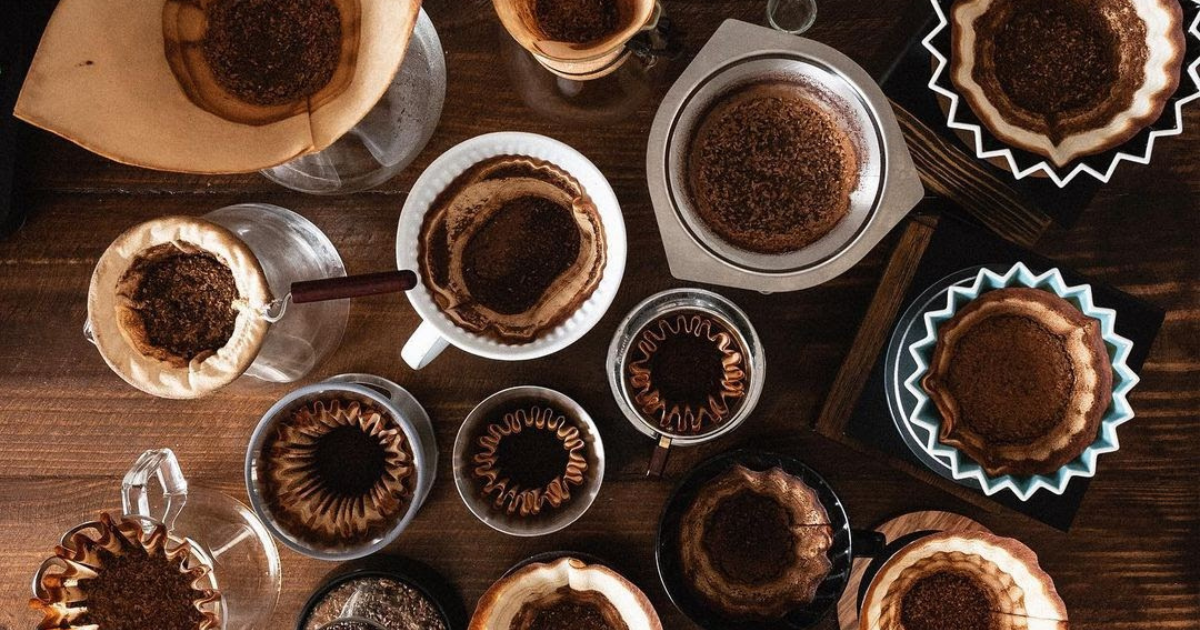
On March 31st, 2018, a California court ruled that all coffee seller and retailers in California must post a Prop 65 warning at all of their establishments. The reason for this ruling is due to the presence (albeit miniscule) of Acrylamide in roasted coffee. As of April, all Caffe Luxxe locations have posted Prop 65 notices in compliance with this ruling. Without context, these warnings will likely create undue and unnecessary confusion for our guests. As it is one of our goals at Caffe Luxxe to be a resource for all our guests on all things coffee, we’ve created a brief guide to inform and educate about Acrylamide. We hope that reading this will dispel any myths and alleviate any misconceptions about Acrylamide and coffee.
Acrylamide is present in relatively small amounts in roasted coffee beans, as well as in many other foods, because it occurs naturally from heating plants and grains at high temperatures. There is no evidence that humans ingesting acrylamide causes harm (though studies have only shown it to be harmful in very large amounts if either inhaled by humans or consumed by non-human animals (who metabolize the chemical differently[1]). Since there haven’t been studies that prove no risk, a recent court ruling in California is requiring businesses that sell coffee to now post a warning about the potential (indirect) health risk in accordance with Proposition 65. Rest assured the FDA has NOT advised people to avoid coffee, or other foods containing acrylamide.
What is Acrylamide?
Acrylamide is formed naturally during the “browning” process in foods and beverages, and so has been present since people began cooking with fire. As such, it is naturally present in foods such as french fries, potato chips, crackers, bread, cereal, cooked asparagus and canned olives, amongst many others.
Is there Acrylamide in your coffee?
Yes. Acrylamide naturally occurs from heating/cooking/roasting foods at high temperatures, and is present in small amounts in all coffee beans and brewed coffee due to the process of roasting.
Do you “put it in”?
No, it is not added to coffee. It naturally occurs when heat is introduced.
Is there a health concern?
Acrylamide is found in very minute quantities in roasted coffee. It has only been shown to cause cancer in rodents exposed to very high levels in their drinking water (1,000 to 100,000 times what people get through their normal diet[2]) or humans exposed to very high levels in the air on construction sites. It is highly unlikely to have an effect on humans at the minute levels encountered naturally in cooked foods and beverages. The FDA and other regulatory agencies do not recommend that people stop drinking coffee or eating fried, roasted, or baked foods because of the natural presence of acrylamide, but instead recommend adopting an overall healthy eating plan. Personal cancer risk is affected by a variety of environmental and genetic factors. In fact, studies actually link coffee consumption with a protective effect against certain cancers in humans.
How much acrylamide is found in foods and beverages?
The U.S. government has been collecting information on acrylamide in foods[3], and the Food and Drug Administration (FDA) has published an assessment. The FDA also notes that brewed coffee represents less than 1% of Americans’ intake of acrylamide from food. (For perspective, 1 ppb would be equivalent to about 3 ounces in 200 billion lbs.)
